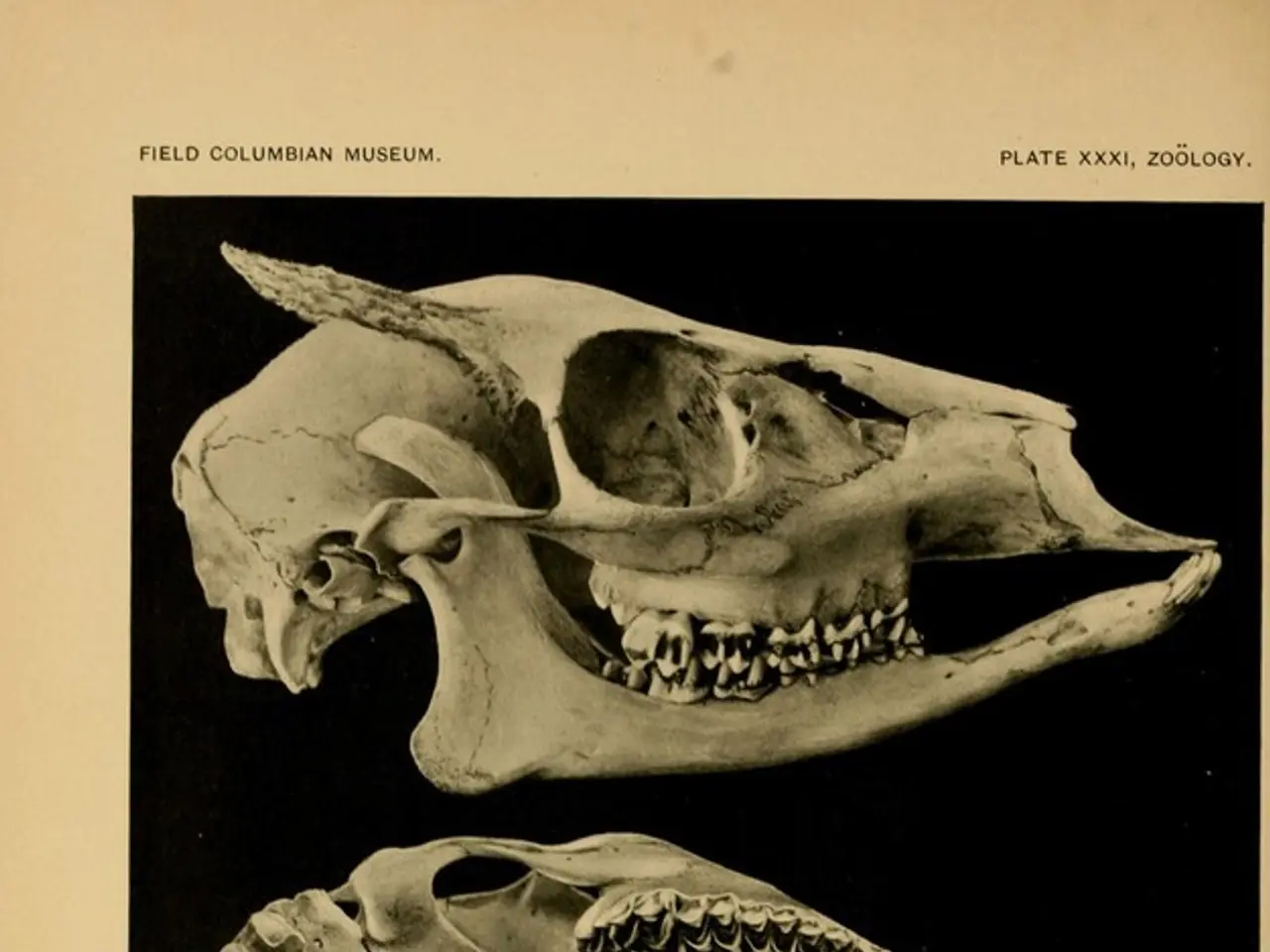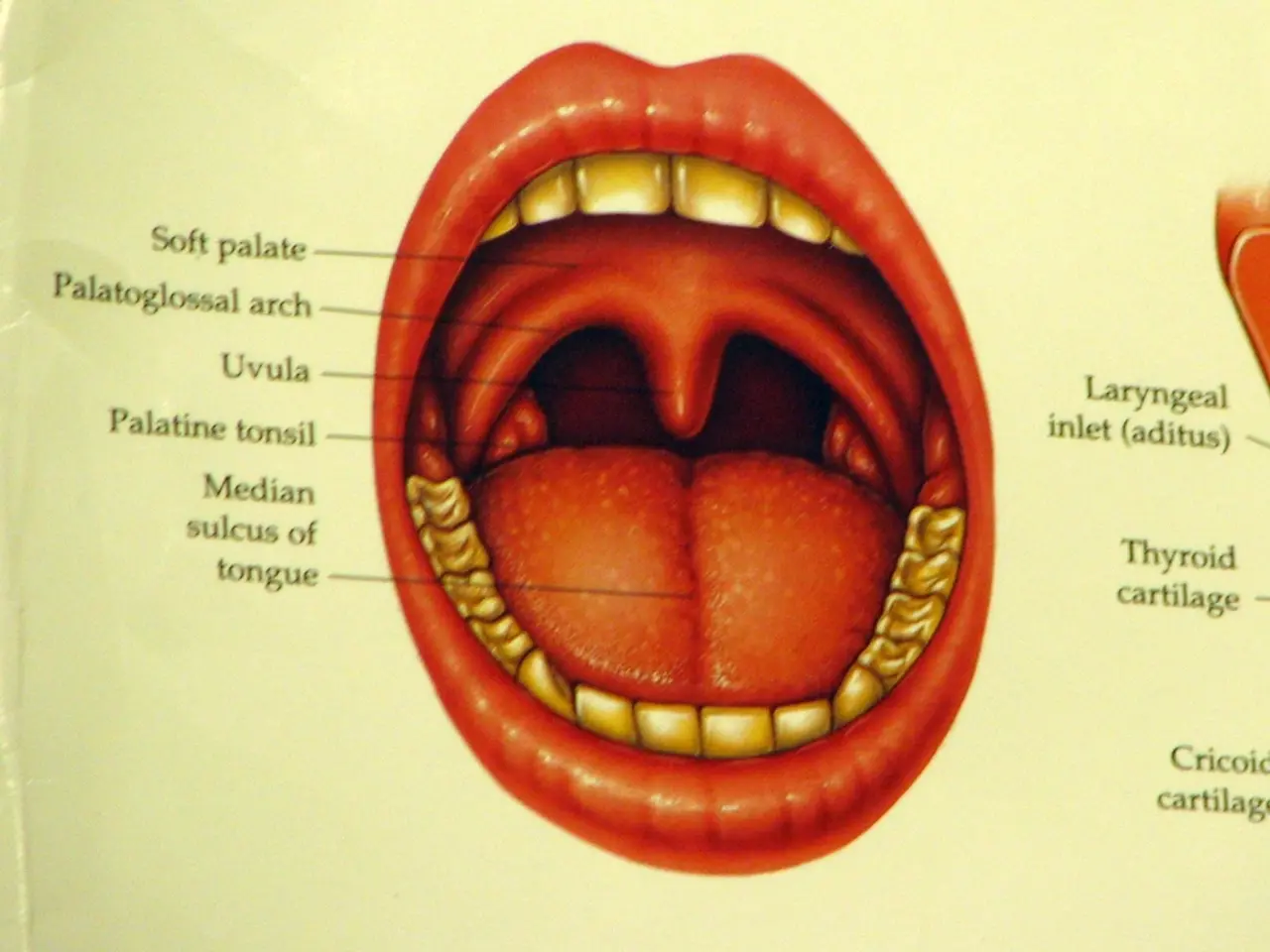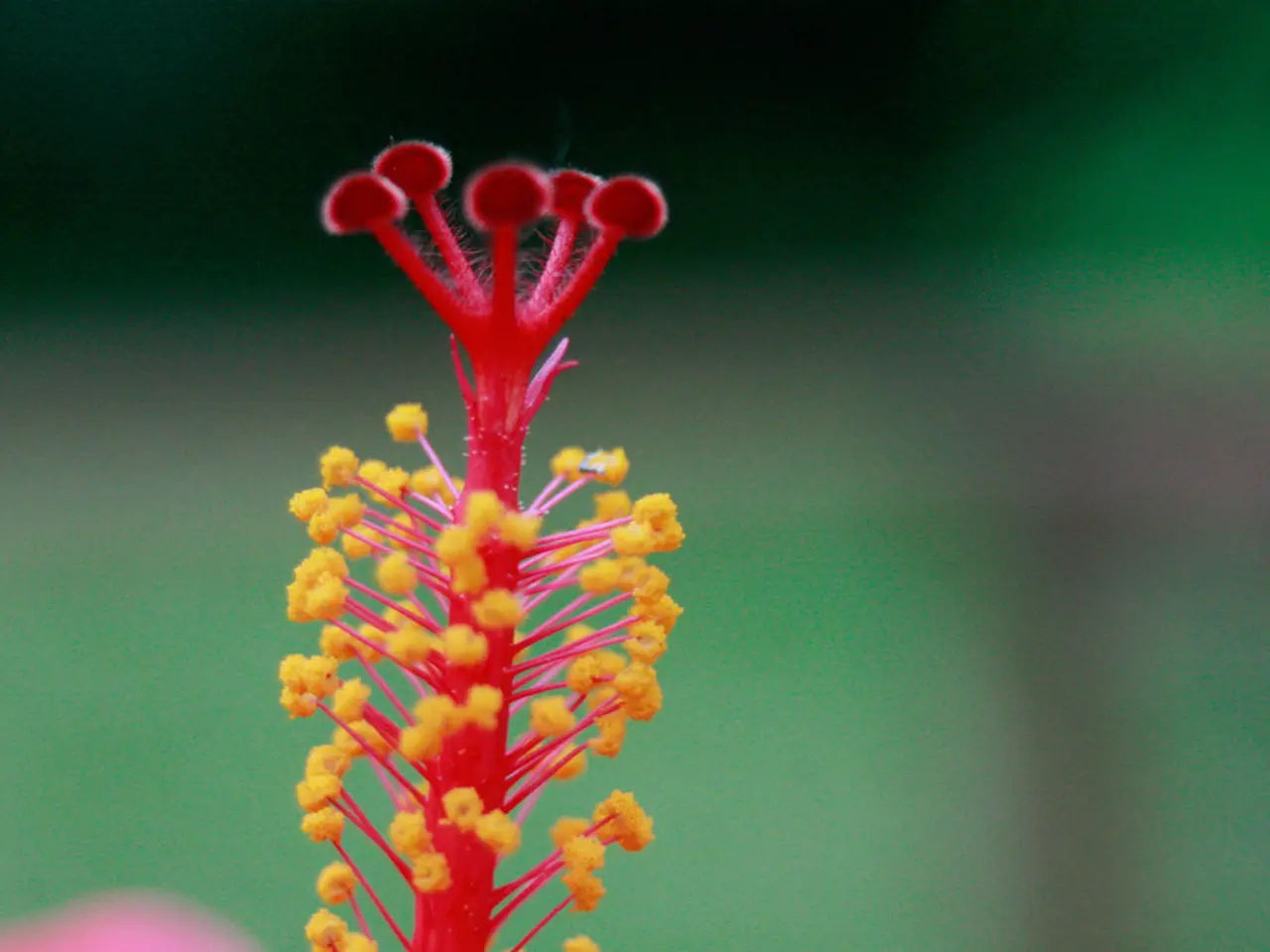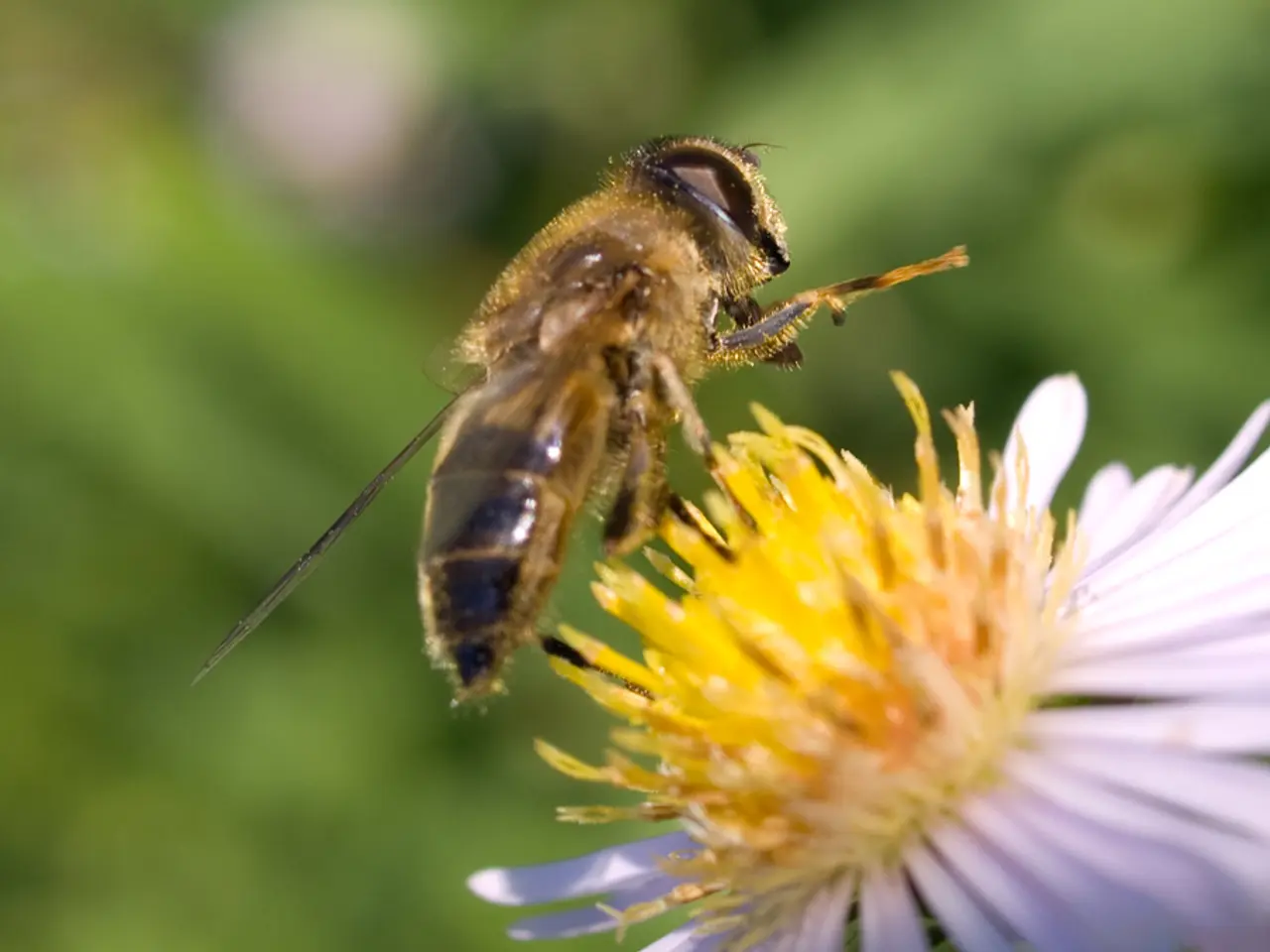Adult Brain Neurogenesis Affirmed: It's Genuine - New Hippocampal Neurons are Produced in Mature Brains
In a groundbreaking discovery, a recent study has confirmed that neurogenesis, the creation of new brain cells, continues in the human hippocampus throughout adulthood and into old age [1][4]. This finding resolves a century-long debate about the ongoing formation of neurons in the human brain.
The study, published in the journal Science, focused on the dentate gyrus, the primary gateway of the hippocampus, controlling how information flows from the cortex to the hippocampus proper [5]. Advanced techniques such as single nucleus RNA sequencing, genetic tracing, and machine learning were applied to postmortem human hippocampal tissue to identify the presence of neural progenitor cells and immature neurons even in the seventies [1][4].
The hippocampus plays a crucial role in learning, memory, and emotional regulation. The generation of new neurons allows the brain to adapt to new experiences and supports cognitive flexibility. Neurogenesis in the dentate gyrus influences the neural architecture and synaptic connectivity, thereby shaping cognitive processes like pattern separation, which is important for distinguishing between similar memories or events [2].
This continuous neurogenesis is particularly significant because it has implications for the development of regenerative treatments that stimulate neurogenesis in neurodegenerative and psychiatric disorders. Decreased neurogenesis and diminished synaptic plasticity in the hippocampus are associated with cognitive decline commonly observed in aging and disorders such as Alzheimer’s disease [2]. Altered hippocampal neurogenesis has also been implicated in various psychiatric conditions including depression, anxiety, schizophrenia, autism, and post-traumatic stress disorder [2].
Understanding and enhancing hippocampal neurogenesis could pave the way for regenerative therapies targeting these disorders. Strategies like environmental enrichment, which upregulates adult hippocampal neurogenesis, have shown promise in improving brain function and reducing seizure susceptibility in animal models, hinting at possible interventions to restore or maintain cognitive health in humans [3].
The study's findings do not specify the exact number or percentage of adults displaying hippocampal neurogenesis. However, they show a high degree of variation, with some adults displaying virtually no hippocampal neurogenesis [1]. The study does not elaborate on the potential causes of this observed variation.
This new study contributes to our understanding of how the human brain works and changes during life. Previous research led by Jonas Frisén from Karolinska Institutet in 2013 demonstrated the presence of young neurons in the brains of adult cancer patients [6]. The debate about neurogenesis in humans has been ongoing for over a century, and this latest research provides robust evidence that supports the continuation of neurogenesis in the adult human brain.
References: [1] Sung, H. Y., Taupin, S., Liu, Y., Lee, K., Lee, S. Y., Kim, J. W., ... & Frisén, J. (2021). Adult human hippocampal neurogenesis persists into old age. Science, 374(6568), eabj8369. [2] Frisén, J., & Seri, D. (2019). Hippocampal neurogenesis in health and disease. Nature Reviews Neuroscience, 20(3), 151-165. [3] van Praag, H., Kempermann, G., & Gage, F. H. (2005). Exercise enhances neurogenesis and learning in the aged brain. Nature, 438(7069), 1034-1037. [4] Liu, Y., Sung, H. Y., Taupin, S., Lee, K., Lee, S. Y., Kim, J. W., ... & Frisén, J. (2021). Adult human hippocampal neurogenesis persists into old age. Science, 374(6568), eabj8369. [5] Amaral, D. G., & Witter, M. P. (1989). The dentate gyrus of the adult rat: a quantitative analysis of neuron types and their laminar distribution. The Journal of Comparative Neurology, 286(4), 517-538. [6] Frisén, J., Bernier, J. L., Dahlström, C., Lundkvist, A., & Kokaia, Z. (2013). Neurogenesis in adult human hippocampus. Nature, 501(7467), 544-546.
- The study published in Science, focusing on the hippocampus and neurogenesis, suggests potential new therapies and treatments for health-and-wellness and mental-health conditions, such as Alzheimer’s disease, depression, anxiety, schizophrenia, autism, and post-traumatic stress disorder, as decreased neurogenesis is associated with these disorders.
- Understanding the ongoing neurogenesis in the human hippocampus throughout adulthood, as revealed by recent research, has significant implications for the development of regenerative science, particularly in the field of health-and-wellness and mental-health.
- The findings from the study, which demonstrated the persistence of neurogenesis in old age, add substantial evidence to the ongoing debate in neuroscience, supporting the continuation of neurogenesis in the adult human brain, as opposed to the previous belief that neurogenesis ceased during adulthood.




